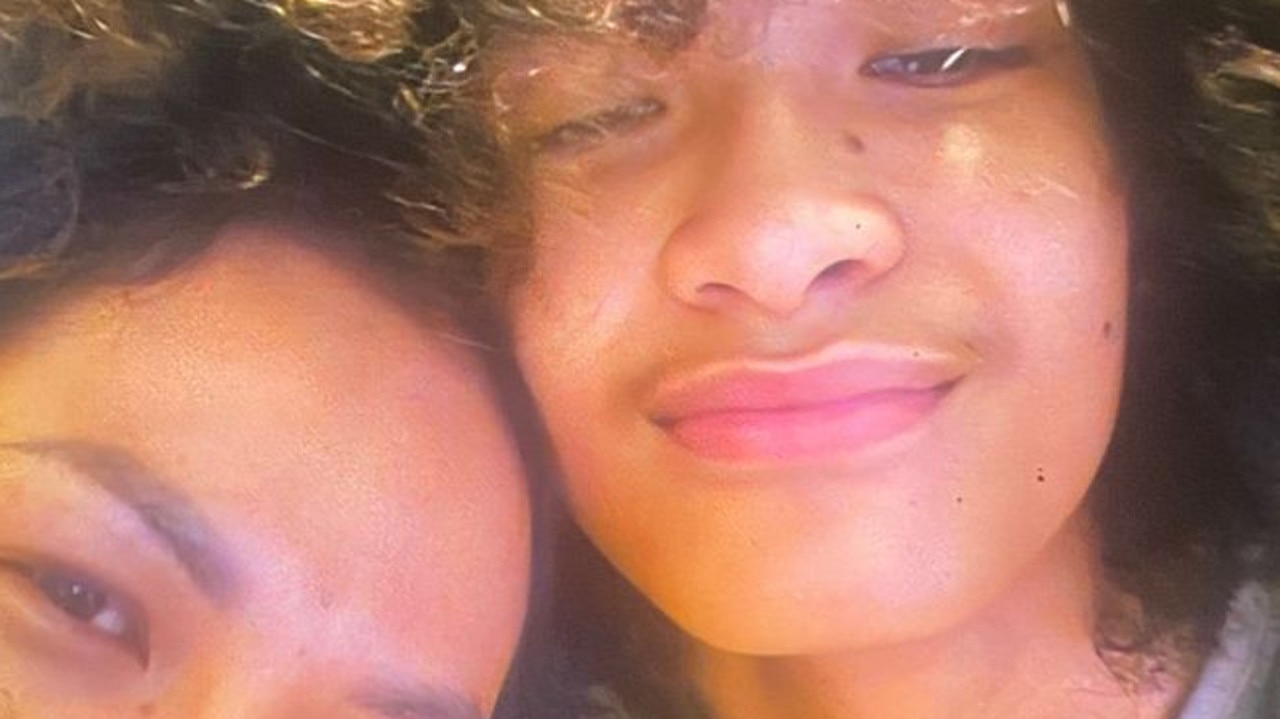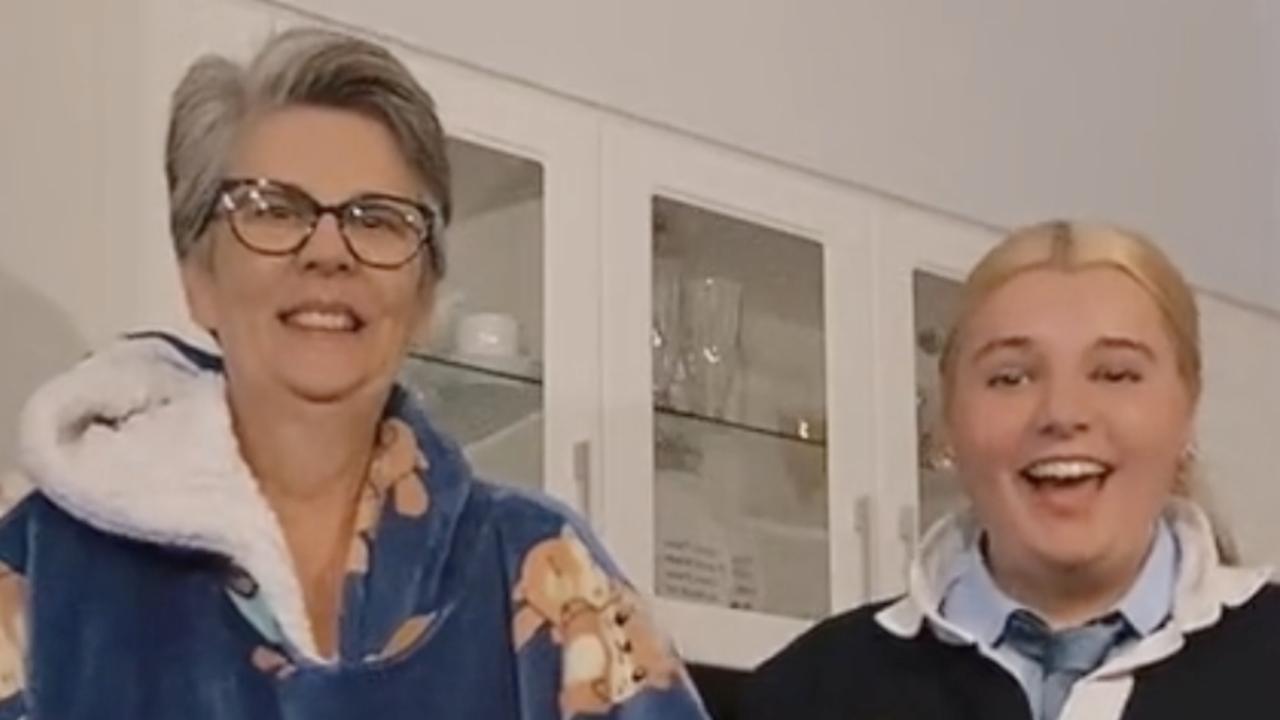New documentary examines killer’s ‘web of lies’ about Grace Millane’s murder
A new documentary has uncovered never-before-seen footage about a case that rocked the world.
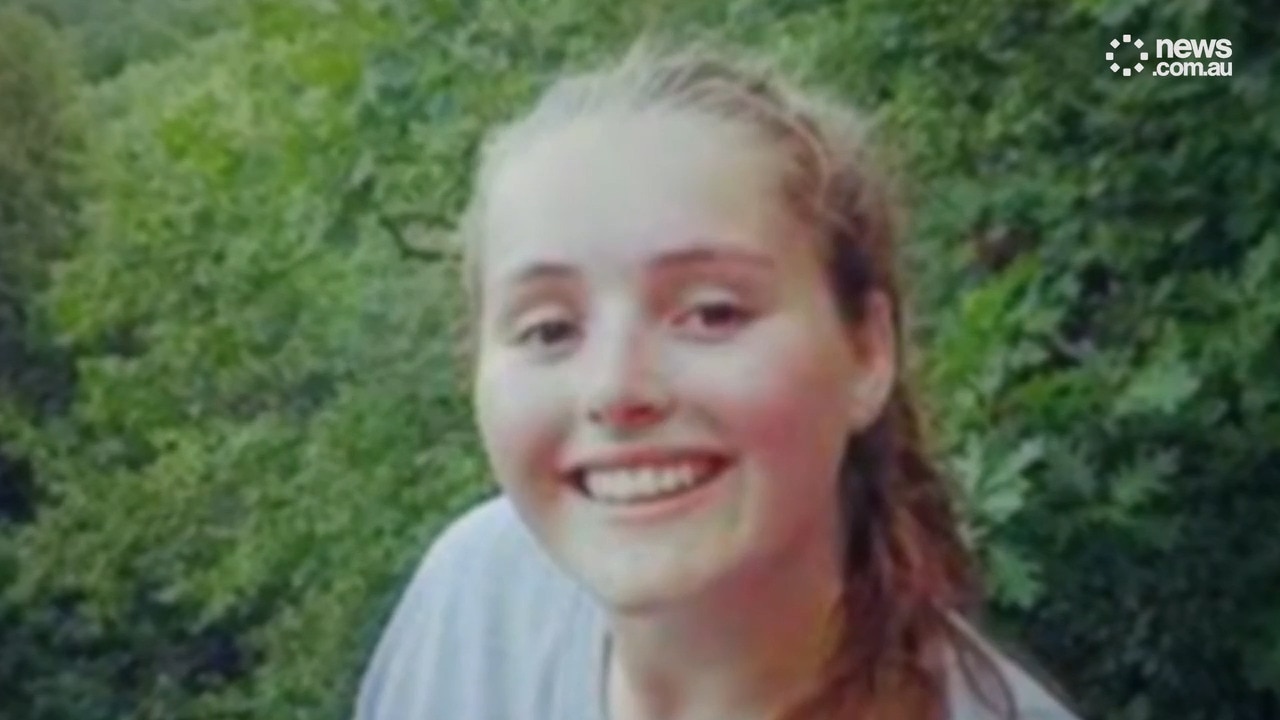
Lifestyle
Don't miss out on the headlines from Lifestyle. Followed categories will be added to My News.
Out on a Tinder date in Auckland the night before her 22nd birthday, Grace Millane sent a message to a friend about the man she was with.
“I click so well with him,” the 21-year-old British backpacker wrote on December 1, 2018.
“I’ll let you know what happens tomorrow.”
The harrowing outcome of Millane’s date with Jesse Shane Kempson went on to make headlines around the world. Within hours of her firing off that message, Kempson, 27, had strangled her to death.
Her body was found eight days later after a relentless search, stuffed in a suitcase and buried in West Auckland’s Waitākere Ranges.
Kempson was found guilty of murder and sentenced to life in prison with a minimum non-parole period of 17 years.
In October 2020, Kempson was convicted on a further eight charges – including unlawful sexual connection, threatening to kill, assault with a weapon and male assault female – related to offending against a former partner.
A month later, he was convicted once more of sexually violating another female British tourist in an unrelated incident.

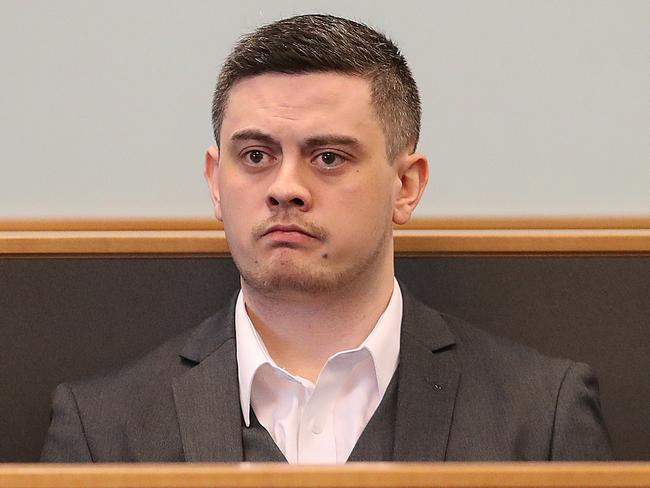
The “calculated web of lies” Kempson spun during police interviews – and later, at trial – are the subject of a new Netflix film, The Lie: The Murder of Grace Millane, which has topped the streaming platform in Australia and New Zealand.
Directed by British filmmaker and writer Helena Coan, the documentary features previously unseen CCTV recordings and footage from police interrogation rooms and court, piecing together the case with first-hand accounts from key witnesses and participants.
“Watching something so innocent evolve into something so abhorrent is a deeply unsettling experience, but one that I hope raises difficult, necessary questions and challenges our preconceptions about violence against women,” Koan said in a statement.
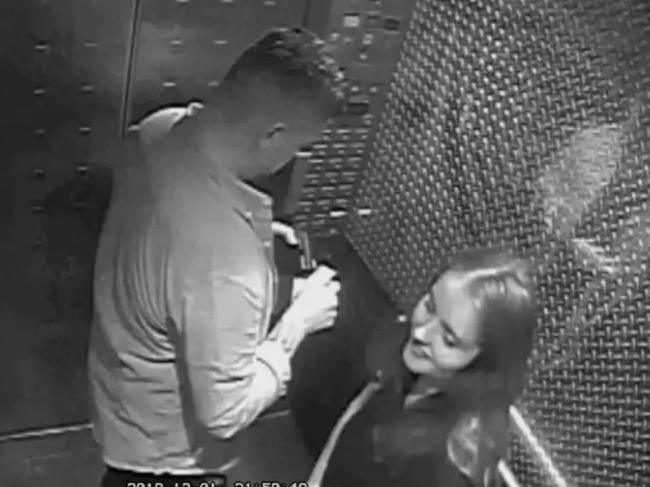
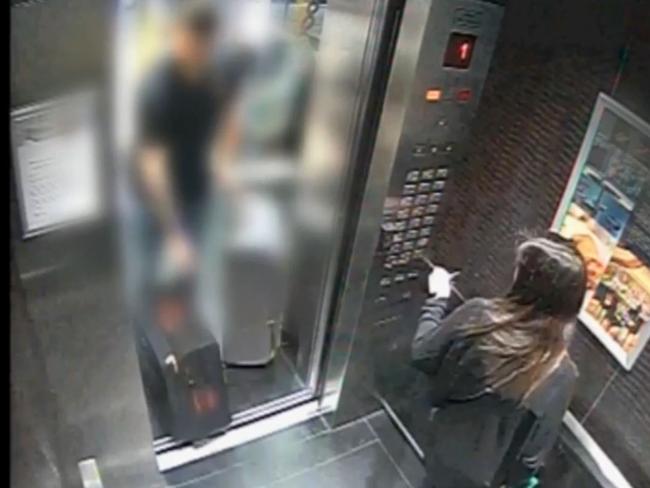
The timeline of events constructed by Coan examines Kempson’s actions before he and Millane met, the night of her murder, and his movements in the aftermath – as well his violent history and attitude towards women.
It also examines the lies he told.
During his first police interrogation, he claimed he and Millane parted ways at 10pm, after which he fell asleep drunk, only waking up the next day at 10am.
Extensive CCTV footage – showing him at around 8am on December 2, 2018, dragging the suitcase that contained Millane’s brutalised body from his room at CityLife Hotel – went on to prove this wasn’t true.
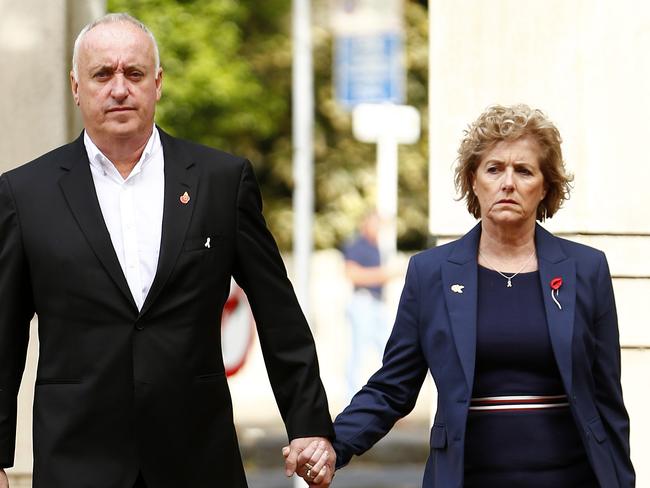
In the weeks prior to meeting Millane – who, at the time was on a solo holiday around the world – Kempson had told other women in conversation he liked “feet, dominating and strangulation”.
These sexual proclivities were what Kempson later offered as his defence – at his second police interview, and later, in his 2019 trial.
He claimed Millane had expressed an interest in “violence sex”, bondage and sadomasochism, and had asked him to “choke” her during a consensual sex game.
Her death, he declared, was nothing more than “rough sex gone wrong” – the “ultimate lie” that gave Coan’s documentary its name, the director said.
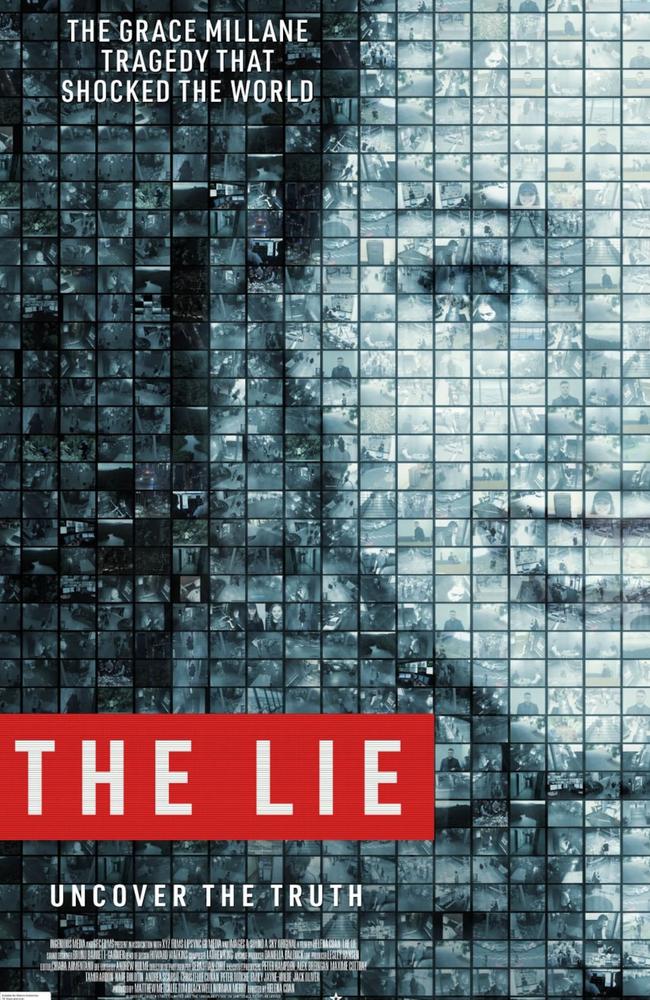
While Kempson’s justification for Millane’s murder was ultimately unsuccessful – and he was accused of eroticising her death immediately after the fact and throughout the trial – the toll his claims took on Millane’s family are immeasurable.
“I felt like Grace was on trial and she couldn’t defend herself. As a parent, I didn’t want to listen to that,” her mother, Gillian Millane, told the BBC in 2019.
“You can’t ask for your own death. It is ludicrous this can be used as a defence.”
That Kempson could rely on a “rough sex” defence, Coan has said, was “abhorrent”.
“People don’t really understand the prevalence of the rough sex defence,” the filmmaker told Sky News last year.
“Men are getting away with the most heinous, manipulative, planned, premeditated crimes. And they are saying, basically, ‘she asked for it’.
“It’s scary to see how lawyers use this defence and how juries still buy into this idea, that a woman can consent to be strangled to death.”
Coan’s documentary was created with permission from the Millane family.
Originally published as New documentary examines killer’s ‘web of lies’ about Grace Millane’s murder




